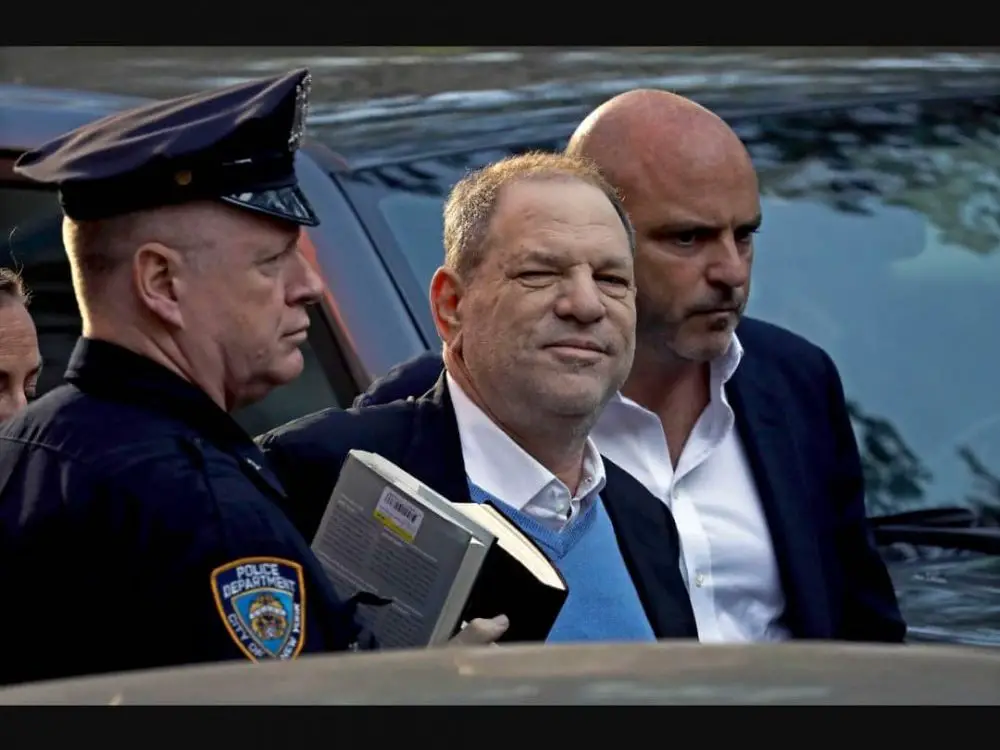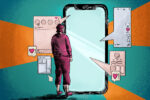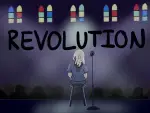COVID-19 has taken over everyone’s lives. With schools, businesses and borders being closed, the only thing on people’s minds right now is the virus. Because of the panic, a lot of good environmental, science and health news has gone under the radar. Here are a few good events that have happened during the COVID-19 pandemic.
1. End of the Milky Way
Astronomers have been studying the Milky Way galaxy for years, and one of the main questions that they get asked is, “How big is it?” This question has been left unanswered — until now. Even though astronomers have discovered the brightest part of the galaxy, where the Milky Way ends has always been a mystery. This is mainly due to invisible particles that create a dark halo. Measuring this dark halo was a struggle for astronomers because of how dark it really is.
Alis Deason, an astronomer at Durham University, and her team were finally able to answer this question by using nearby galaxies to figure out the edges of ours. The answer? The diameter of the Milky Way is 1.9 million light-years. This discovery will help astronomers study other galaxies and their properties.
2. A second HIV patient has been cured
“The Berlin Patient,” Timothy Ray Brown, was the first person to be cured of HIV via stem cell transplant in 2007. In 2020 a second person has officially been cured of HIV by a similar method. The person, who remains anonymous, received a stem cell transplant that did not have the CCR5 gene, which is the gene that the virus uses to enter healthy cells and spread. This treatment was meant to treat the patient’s Hodgkin lymphoma, but after 30 months, no traces of HIV were found in their system.
While similar procedures did help cure two people of HIV, this treatment will not be offered to other patients who are on successful antiretroviral treatment. Scientists show that this case will help them conduct more research into gene editing to make it more ethical and technically functional. Even in the midst of the COVID-19 pandemic, we can rest a little easier knowing that progress is being made against another.
3. McDonald’s is going to ditch plastic toys
Following in Burger King’s footsteps, McDonald’s has announced that they will stop giving out plastic toys with their kids meals in the U.K. and Ireland. To replace the plastic toys, the fast-food chain will now be giving out soft toys, books or a paper gift. This new change will help eliminate 3,000 tons of plastic from the environment. Starting in May, the company will start collecting unwanted and excess plastic toys so that they can be melted down and built into a playground.
4. New South Wales is officially free from bushfires
After 240 days, the Australian state of New South Wales is free from bushfires. The fires were first contained in February, and since then, firefighters have been working tirelessly to put the fires out. This month, the state was officially declared safe from the fires. The country faces wildfires every summer; however, this season has been the worst by far due to excessive heat and extreme droughts. New South Wales was one of the states that was hit the hardest by fires this year. Following the fires, the state suffered from extreme flooding and torrential rains. This helped contain the fires, but it also caused even more devastation and led to many evacuations.
5. Scientist discover the smallest known dinosaur
Researchers discovered a bird-like skull trapped in 99-million-year-old amber in northern Myanmar. It is expected that the newly-discovered dinosaur would have been the size of a bee hummingbird. Oculudentavis khaungraae, the dinosaur in question, has surprised scientists in many ways but mainly by the structure of its eye. Its skull is similar to a bird’s, but the eye characteristics are more similar to lizards and the bones are closer to the bones of an owl. This new finding is helping scientists gain a better understanding of natural selection and also how small birds evolved from dinosaurs.
6. A New “Human Zoo”
Bill Bensley, a world-famous architect known for his Willy Wonka hotel design, is starting a new project centered around protecting abused animals in China. The architect is in the process of building a “human zoo” themed hotel where the humans are “trapped” in cages, which are the hotel rooms, while animals are allowed to roam free. The design is based on giving animals as much room as possible and only giving humans limited space: 95% to the animals and 5% for humans. The hotel will have individual areas catered to the animal’s natural habitats. All of the animals that are being relocated were once abused in zoos and the whole attraction is meant to bring awareness to animal abuse and endangered species.
7. Harvey Weinstein gets sentenced
The Harvey Weinstein scandal has shaken the movie industry and exposed Hollywood’s darker side. Weinstein faced charges in New York and California, as well as some in the U.K., for sexual assault and rape. The case has been ongoing since 2017 after The New York Times broke the story. After the story came out, many celebrities came forward to tell their experience with Weinstein. On March 11, 2020, he was sentenced to 23 years in prison for first-degree criminal sexual acts and third-degree rape. This news has given hope to survivors and shows how influential and important the #MeToo movement really is.
All of these stories are going to impact our society in some way. While they aren’t COVID-19 related, these stories are still important, and they give us a glimpse of the world outside the pandemic.
















